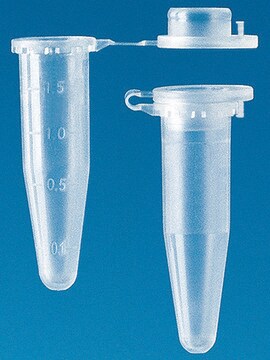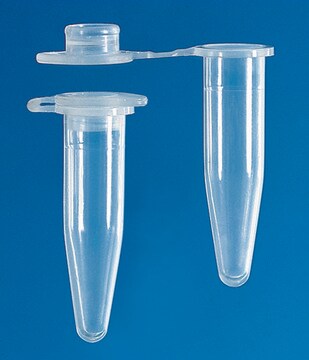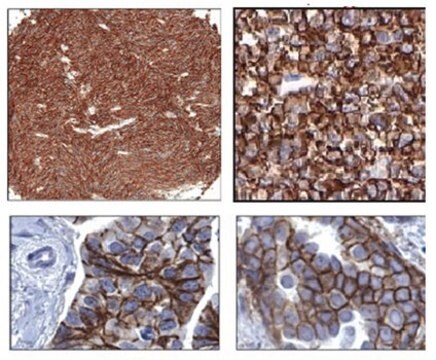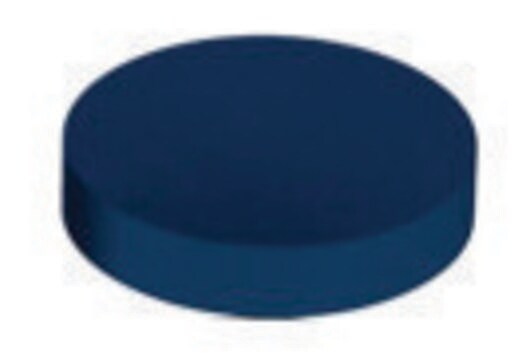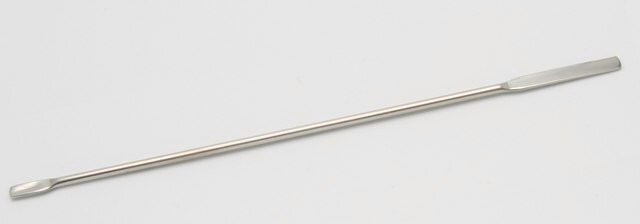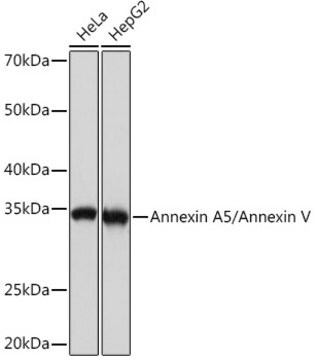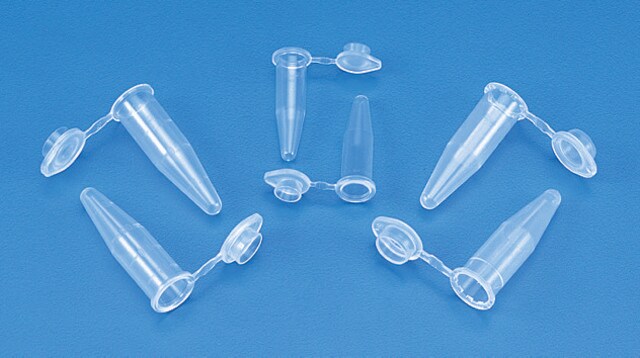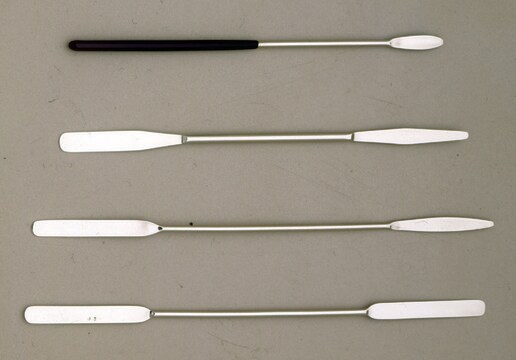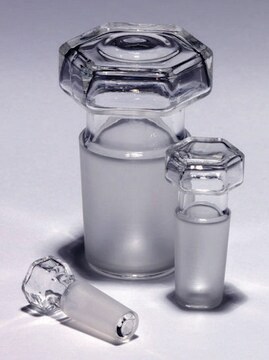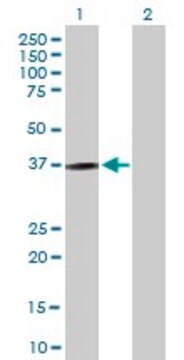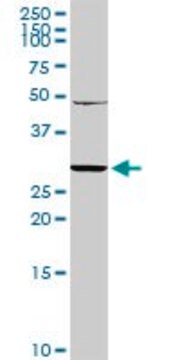MABF2689
Anti-NKG2A/C/E Antibody
About This Item
Produits recommandés
Source biologique
rat
Niveau de qualité
Conjugué
unconjugated
Forme d'anticorps
purified antibody
Type de produit anticorps
primary antibodies
Clone
20D5, monoclonal
Poids mol.
observed mol wt ~27.68 kDa
Espèces réactives
mouse
Conditionnement
antibody small pack of 100 μL
Technique(s)
flow cytometry: suitable
inhibition assay: suitable
1 of 4
Cet article | MABF2237 | SAB1406063 | SAB1410734 |
|---|---|---|---|
| antibody form purified antibody | antibody form purified antibody | antibody form purified immunoglobulin | antibody form purified immunoglobulin |
| biological source rat | biological source mouse | biological source mouse | biological source rabbit |
| Gene Information mouse ... Klrc1(16641) | Gene Information human ... NCR3(259197) | Gene Information human ... KLRC1(3821) | Gene Information human ... KLRC1(3821) |
| clone 20D5, monoclonal | clone 1C01, monoclonal | clone polyclonal | clone polyclonal |
| conjugate unconjugated | conjugate unconjugated | conjugate unconjugated | conjugate unconjugated |
Description générale
Spécificité
Immunogène
Application
Evaluated by Flow Cytometry in C57BL/6 mouse splenocytes.
Flow Cytometry Analysis: 1 μg of this antibody detected NKG2A/C/E in one million C57BL/6 mouse splenocytes.
Tested Applications
Flow Cytometry Analysis: A representative lot detected NKG2A/C/E in Flow Cytometry applications (Vance, R.E., et. al. (1999). J Exp Med. 190(12):1801-12).
Inhibition Analysis: A representative lot of this antibody completely blocked all binding of Qa-1 tetramers to NK1.11 splenocytes. (Vance, R.E., et. al. (1999). J Exp Med. 190(12):1801-12).
Note: Actual optimal working dilutions must be determined by end user as specimens, and experimental conditions may vary with the end user
Forme physique
Stockage et stabilité
Autres remarques
Clause de non-responsabilité
Vous ne trouvez pas le bon produit ?
Essayez notre Outil de sélection de produits.
Code de la classe de stockage
12 - Non Combustible Liquids
Classe de danger pour l'eau (WGK)
WGK 2
Point d'éclair (°F)
Not applicable
Point d'éclair (°C)
Not applicable
Certificats d'analyse (COA)
Recherchez un Certificats d'analyse (COA) en saisissant le numéro de lot du produit. Les numéros de lot figurent sur l'étiquette du produit après les mots "Lot" ou "Batch".
Déjà en possession de ce produit ?
Retrouvez la documentation relative aux produits que vous avez récemment achetés dans la Bibliothèque de documents.
Notre équipe de scientifiques dispose d'une expérience dans tous les secteurs de la recherche, notamment en sciences de la vie, science des matériaux, synthèse chimique, chromatographie, analyse et dans de nombreux autres domaines..
Contacter notre Service technique